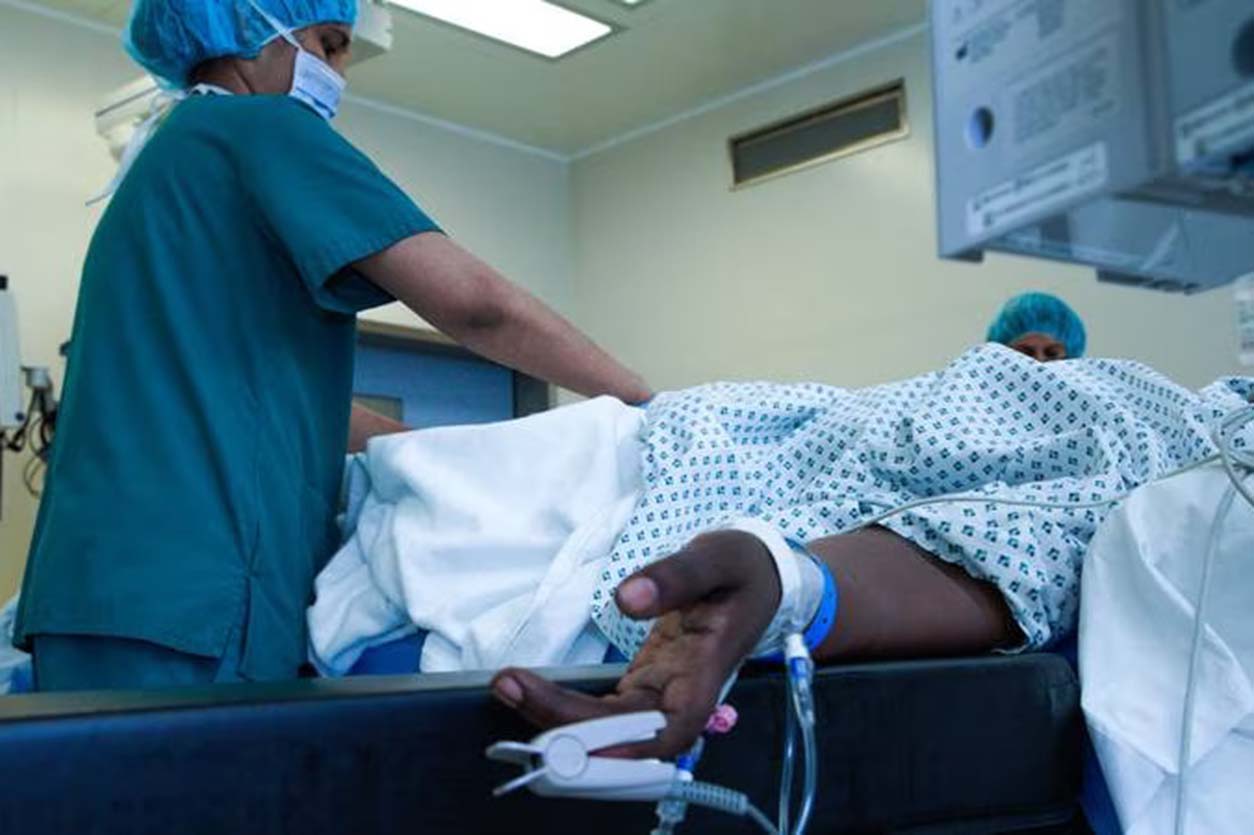Demand for treatment usually surges at the beginning of the holy month, with headaches and upset stomachs among common complaints Upset stomachs and headaches prompted by the swift transition to fasting are among the leading causes of a surge in hospital admissions in the first days of Ramadan, an international study has found. More serious cases of people skipping or delaying taking medication for hypertension or antibiotics to treat infections — as they believe it would be breaking their fast — can also be easily avoided, doctors said. Dr Yassin El Shahat, chief medical officer at Burjeel Hospital Abu Dhabi, said most problems began to subside once those fasting adjusted to new eating patterns.
“The most common problems we see in the first days of Ramadan are gastroenterogical issues, headaches and migraines,” he said.
Missing the morning caffeine kick
“People eat different foods, or overeat and meal schedules change so they have abdominal issues.
“Some have a migraine crisis after fasting for a long period.
“Those fasting who usually drink coffee in the morning will endure headaches by noon as their bodies adjust — and they usually come into the emergency room.
“It can be adjusted and compensated after the first few days, as people take their caffeine later in the evening.”
Dehydration
Renal colic is a familiar problem treated by doctors. It is a pain that occurs when a stone blocks the urinary tract, usually due to lack of fluids and can cause nausea and vomiting. Painful urinary tract infections are another common ailment, usually brought on by dehydration.
“We see people taking tablets for certain conditions at multiple times of the day come into hospital, as it takes time to adjust their medication with different mealtimes at Iftar and Suhoor,” said Dr El Shahat.
“Those on anti-hypertension medication or antibiotics generally shouldn’t fast — we often see people who are not taking their medication correctly and it causes serious problems.”
Read Full Story: NationalNews


